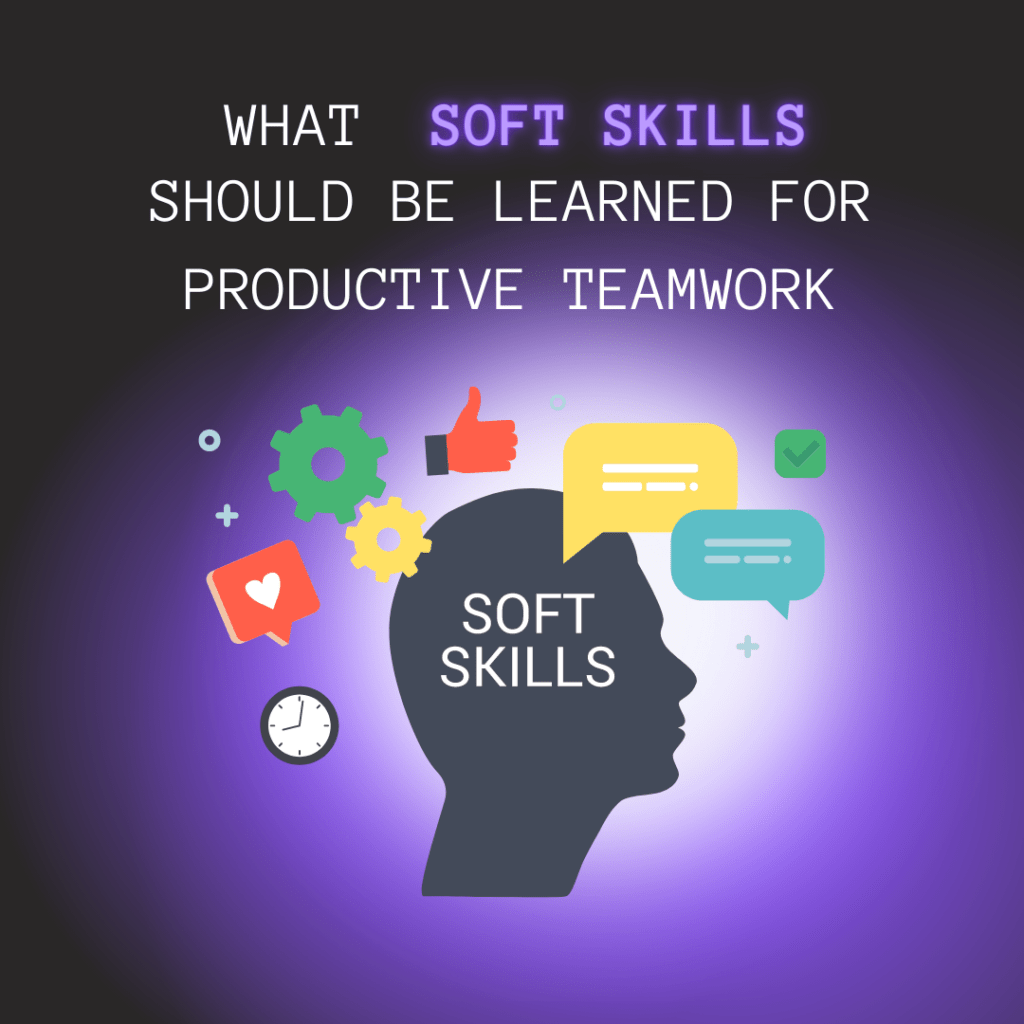Soft skills are an amalgamation of people skills, communication skills, and social intelligence. The term “soft skills” usually used for non-technical skills that have a direct connection with the way one works. They include how you interact with colleagues, how you solve problems, and how you manage your work, interpersonal skills or emotional intelligence quotient. On the other hand, hard skills, describe an individual’s ability to perform a particular task technically. As a matter of fact, soft skills apply across designations and businesses. With hard skills one may crack an interview, but to successfully carry out the job, one would need soft skills; thereby bring out the vital significance of soft skill development.

I would like to suggest some soft skills that would be pivotal in coping with the stress and work-pressures of the workplace or hospital.
Adaptability
Adaptability refers to the ability to cope up with change. You will not be intimidated if you are adaptable to any new work environment, for that matter new software, or a new client, new challenge for that matter, or anything unfamiliar even a situation for that matter, as the circumstance will demand your analytical skills coupled with observational skills, which would help you to adapt to the situation, work place, location, or matter, efficiently.
Team Man
Teams are often identified for their collaboration and teamwork in their high performances. It only stands to reason that employees must imperatively learn to understand and perceive a perspective correctly, and incorporate the same in their skills repertoire, and be receptive to proper and genuine criticism and feedback, and be able to delegate and monitor tasks effectively. In other words, soft skill is the pivot around which a healthy team dynamic revolves.
Hearing, Comprehension and Listening
Successfully developing soft skills entirely depends upon this aspect. Listening is not as lucid as it appears to sound. Surely you must have had met disturbance mongers or interrupters. You will know it’s not a pleasant experience in their presence; it can make you feel neglected, unwanted, and not important. On the other hand, someone who doesn’t interrupt and lets you finish proves themselves to be more approachable and understanding. This forms an important quality, for those in leadership roles.
(EQ) quotient or Emotional Intelligence
Emotional Intelligence revolves around your ability to handle your emotions and those of the people around you. It is well known that an employee with low levels of EQ could blatantly criticize or ridicule a team member / peer or senior or junior colleague during a meeting or event. Where as a person / employee possessing high-EQ would share his criticism / suggestions privately, and thereby save face of their colleague.
Imbibing and horning of soft skills has become essential at workplaces. Employees who possess these skills tend to become natural leaders in life be it in workplace or anywhere. These persons are highly efficient, particularly in tasks where they have to co-ordinate and collaborate with peers, seniors & juniors and / or other team members.

One may ask what the best ways to teach Corporate Soft Skills are or how to Train Employees on Soft Skills, I would suggest the following doable:-
Call in for a Professional Soft Skills Trainer
Conceptualise tailor made modules and Conduct Live Interactive Workshops
Create a conducive Learning Environment, followed by refresher learning modules at later stages.
Opting for eLearning modules or blended training is certainly proving helpful.
The companies do not opt for training may save cost now and will pay high cost in future. Investing in employee’s skills is not an cost. Every company msut invest in employee’s development.





Leave a Reply